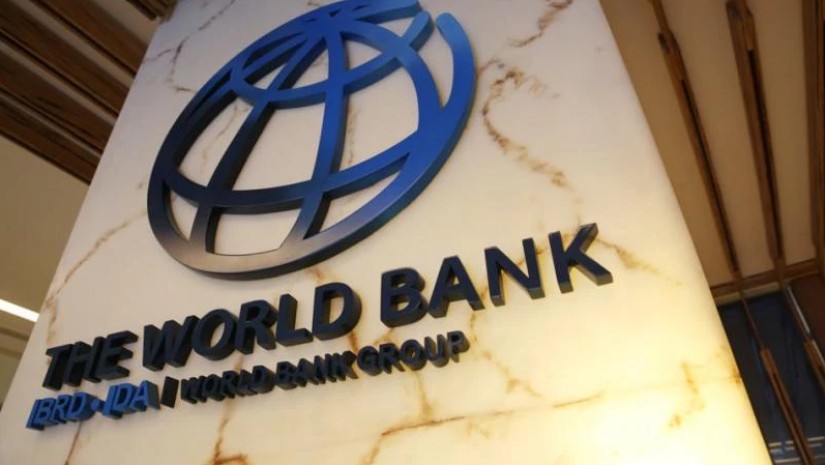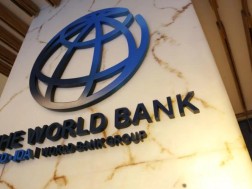Growth is expected to ease to 5.2 percent in 2024 as a result of tight monetary policy, a slowdown among trading partners, and heightened geopolitical risks. Growth is projected to stabilize at around 5 percent of GDP for 2025-26 as Georgia benefits from the gradual recovery among its trading partners, - a report published by the World Bank (WB)reads.
According to the document, the poverty rate is expected to keep declining gradually. Inflation is expected to converge to its 3 percent target by end-2024. Monetary policy is expected to continue easing gradually in 2024. Despite dwindling money transfers, the current account deficit should remain well below pre-COVID-19 levels in the medium term.
"The 2024 state budget law reflects the government’s commitment to pursuing gradual consolidation by reducing the fiscal deficit to 2.5 percent (including privatization revenues) and maintaining public debt below 38 percent of GDP. Revenue and tax collection are projected to continue their solid performance in 2024, with additional profit tax revenues in the financial sector (0.5 ppt of GDP) and higher taxation of gambling (rendering 0.5 ppt of GDP increase). Current expenses are set to increase by 0.8 percentage points, to 23.0 percent of GDP, to be offset by a slight decline in public investment (to 8 percent of GDP)", - the document reads.
According to WB, there are substantial risks to the outlook, reflecting uncertainties. A more rapid reversal in money inflows, weaker tourism revenues, and an increase in global commodity prices could hinder growth and increase debt levels and financing needs. Other risks include tighter global financial conditions and climate change-related risks.
An adequate monetary and fiscal policy stance with adequate buffers is expected to help cushion potential shocks while exchange rate flexibility should help shield reserve levels by supporting an adjustment in imports.
As of the reprot, Georgia has made notable gains in income growth and poverty reduction over the past decade. As a result of sound macroeconomic management, GNI per capita (constant 2017 USD) increased from USD 9,580 in 2010 to USD 15,880 in 2022. Poverty (measured by the USD 6.85 poverty line in 2017 PPP) declined from 70.6 percent in 2010 to an estimated 47.7 percent in 2022, - a report published by the World Bank reads.
According to the document, nevertheless, structural challenges persist, notably weak productivity and limited high-quality job creation. About a third of workers remain engaged in low-productivity agriculture, and Georgia also has a large share of self-employed in other sectors. Access to finance remains a major obstacle for SMEs, while skills mismatches are reported to be an impediment for most firms. Due to its high degree of trade openness and dependence on tourism, Georgia is vulnerable to external shocks. In December 2023, Georgia was granted candidate status by the European Union (EU). The EU accession process offers unique opportunities to boost reforms to achieve prosperity and converge with other member states.















